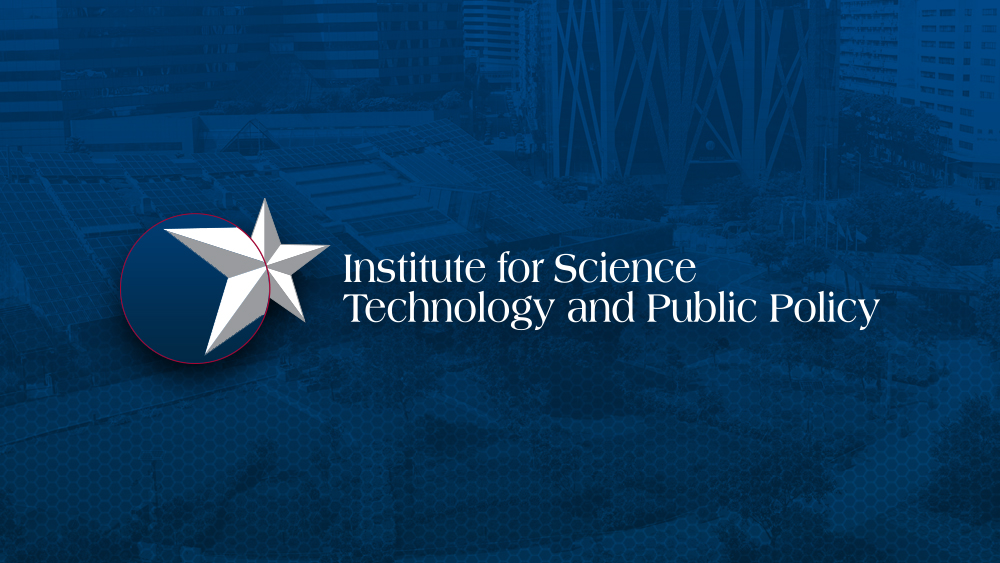
Researchers at Texas A&M University are among four research teams awarded a total of $2 million to study gene drive and gene editing technologies. The U.S. Department of Agriculture’s (USDA) National Institute of Food and Agriculture (NIFA) made the awards. Other institutions participating in the NIFA program are the University of Florida, Iowa State University, and the Santa Fe Institute of Science.
Texas A&M researchers will receive $497,000 over the next three years to support their project, “Gene Drive Applications to Agriculture in Texas: Knowledge, Perceptions, and Values.” The project, led by Principal Investigator Dr. Kent Portney, brings together Texas A&M researchers from the Institute for Science, Technology and Public Policy (ISTPP) in the Bush School of Government and Public Service, from the departments of entomology and soil and crop sciences in AgriLife Research, and from AgriLife Extension. Co-Principal Investigators Dr. Zach Adelman and Dr. David Kerns will coordinate the aspects of the project conducted by AgriLife. They are joined by Co-Principal Investigator Dr. Elizabeth Heitman, professor of ethics in science and medicine from University of Texas Southwest Medical Center.
Gene drive is a phenomenon that makes a particular genetic trait occur more frequently throughout a population with each passing generation. They can occur through a variety of mechanisms in nature and through gene editing. Creating a gene drive through gene editing has been proposed as a potentially effective means of genetically modifying specific non-human populations and perhaps entire species. Depending on the intended application, gene drives could change pest populations to be less harmful or could reduce a pest population.
Recent advances in gene editing technologies could help meet the challenges of feeding a rapidly growing global population, but they also raise important questions about their acceptability and possible unintended consequences. NIFA created the Social Implications of Emerging Technologies program in 2017 to fund research on stakeholder and public engagement about gene drive and other gene editing applications in agriculture. The project team will evaluate effective ways to communicate and engage with stakeholders and the public to shape the potential research, development, and use of gene drive technology.
Dr. Kent Portney, ISTPP director and leader of the project team explains, “Although actual gene drives are likely years off in the future, if they happen at all, this project is designed to understand how Texans view the potential social impacts and perceived risks of gene drive technologies in agriculture,” specifically hypothetical applications to address the boll weevil, the Indian Meal Moth, pigweed, and the mosquito that carries Rift Valley Fever, all of which currently affect or potentially could affect agriculture in Texas and other areas of the U.S.
“We will examine how the science and its potential impacts are communicated to the public, stakeholders and decision makers,” said Portney. “We want to know how this information forms public opinion and stakeholders’ perspectives, as well as how values, perceptions of risk and trust in science could affect views on the potential development and use of gene drive applications.”

